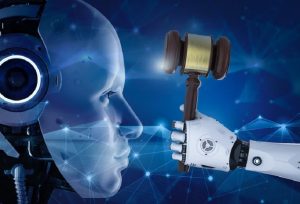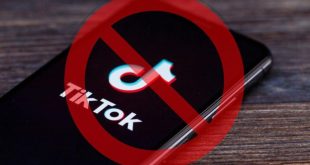 By: Jaime Israel Davila Gomez, Attorney.
By: Jaime Israel Davila Gomez, Attorney.
The rapid proliferation of artificial intelligence (AI) tools in recent years has resulted in the generation of various forms of content, including images, texts, videos, and songs. This content is utilized and exploited by those who employ these tools, often within the context of offering services and products in the market. Consequently, it becomes crucial to determine the rightful ownership of the associated rights, particularly copyright, in order to prevent any violations of applicable laws or unauthorized use of copyright-protected works. It is important to note that copyright can be classified into two categories: moral rights and economic rights, with the latter pertaining to the exploitation or use of the work.
Firstly, it should be emphasized that in Mexico (and in most countries worldwide), only natural persons, that is, humans, can be recognized as authors (holders of moral rights). As such, no tool or software can be ascribed to this status. However, it is possible for a company to be the owner or holder of the economic copyright, respecting the authorship of the natural person who created it.
 Given the above, determining the copyright ownership of AI-powered tools necessitates an understanding of the policies, terms, and conditions established by the company that owns the AI concerning intellectual property. These policies are binding for users only if: 1) they were informed of them before utilizing the AI; and 2) they align with the Federal Copyright Law and other relevant regulations.
Given the above, determining the copyright ownership of AI-powered tools necessitates an understanding of the policies, terms, and conditions established by the company that owns the AI concerning intellectual property. These policies are binding for users only if: 1) they were informed of them before utilizing the AI; and 2) they align with the Federal Copyright Law and other relevant regulations.
Thorough investigation and consultation with experts in the field are essential in determining whether the generated content is free to use or exploit, or if permission from the AI owner is required, possibly even entailing a payment.
Finally, it is crucial to consider that if the AI utilizes works protected by third-party copyrights to generate content for its users, the users themselves may be subject to claims from those third parties if the AI owner lacks the necessary authorizations or licenses.





